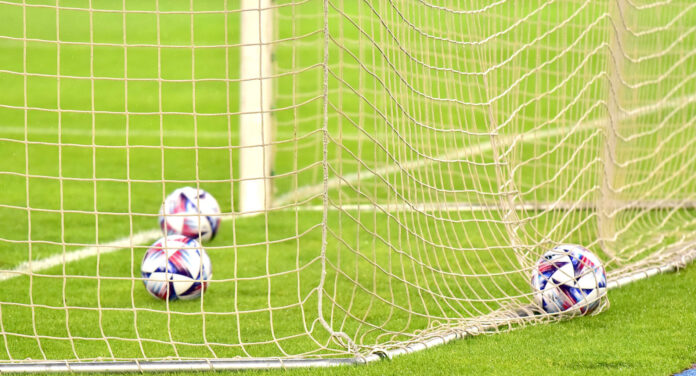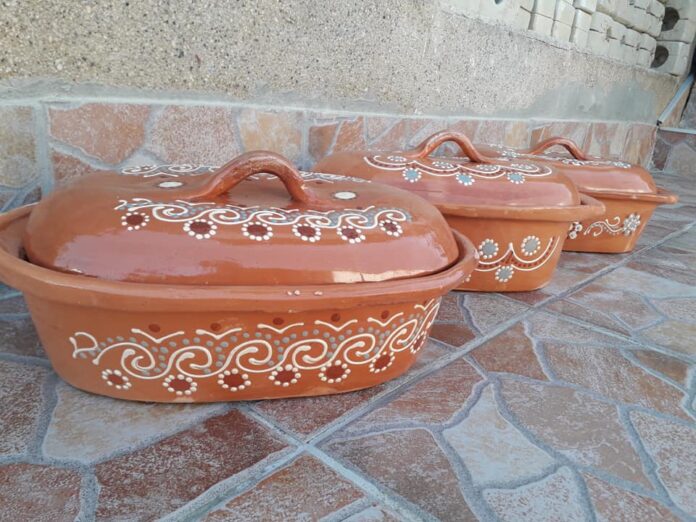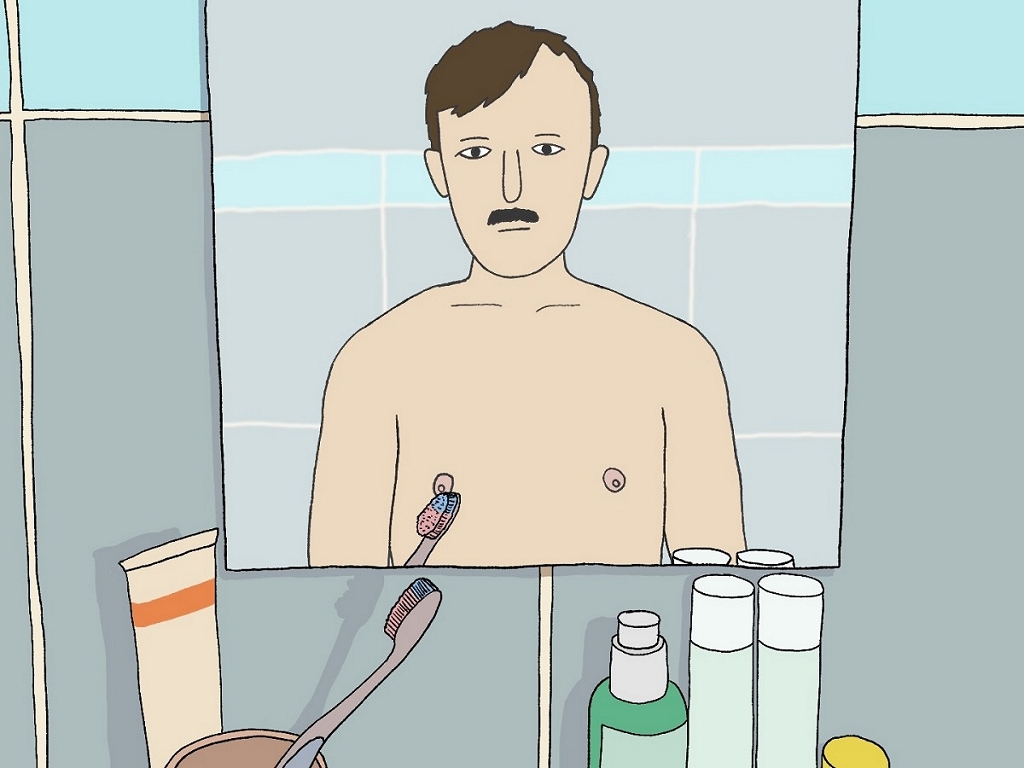Cystitis – how to protect ourselves and how to treat

Author: Dr. Ognen Tocko, urologist at the University Clinic for Surgical Diseases “St. Naum Ohridski ”
Cystitis is an inflammation of the wall bladder.
In most cases, this inflammation is caused by bacterial infection and is considered an infection of the urinary tract. It is usually treated with antibiotics, and the symptoms usually disappear 3 days after the start of treatment. If not treated, complications and enlargement of the inflammation can occur along the rest of the urinary tract.
Symptoms that indicate cystitis are: common and strong urination; Frequent urination of a small amount of urine; burning sensation during urination; blood in the urine; blurred urine with a strong odor; pressure in the lower abdomen.
So in the case where you are faced and you have an urge for frequent urination, it hurts, roasts and the most strongly at the end of the urination act, when the urine is opaque, bloody and uncomfortable smelling, when it feels uneasy in the lower abdomen – it may be cystitis.
If you feel symptoms of cystitis that do not stop after 48 hours, take a sample of urine testing, after which your doctor will prescribe appropriate therapy if necessary.
Women suffer from cystitis more often. About 20-40% of women get cystitis throughout their lives. The reason for this is the human anatomy itself. The bladder and urethra of women and men are different. Women's urethra is shorter and since the urinary opening in women is very close to the vaginal, and the vagina is also close to the anus, as a result of the easily passing of the intestinal flora bacteria where they normally occur, in the genitals and blades.
Hence the way to perform a toilet by deleting from back to back.
Although cystitis can occur for a number of causes, including poor hygiene, it can also occur as a result of sexual intercourse. Sometimes bladder is irritated by sexual activity. These symptoms are not always an indication of infection. They often appear because the bladder simply gets strokes and bruises. Thus, sometimes cystitis that has occurred as a result of sex may include infection. But still, one of the most important things is hygiene.

Prevention
Avoiding cystitis: You need to create a habit of maintaining good bladder health.
What you can do is the following:
– When urinating completely empty the bladder. Urinate after sexual intercourse. – Drinking plenty of fluids, especially water, for the urine to be more concentrated and pale.
– Drinking less coffee, black tea and carbonated drinks, including acidic water, can help prevent cystitis because all of these fluids irritate the bladder and cause urgent and frequent urination.
– You can regularly drink cranberry tea. Experts assume that drinking cranberry tea somehow prevents bacteria in sticking to the bladder walls. But it is believed that cranberry tea acts as a prevention than as a method of treatment, because the symptoms will appear should be visited by a doctor.
– Urinate often. If you feel the need to urinate, do not ignore it and visit the toilet immediately.
– Delete from the front backwards. After defecation, delete toilet paper from the front back to prevent bacteria from transmitting.
– Avoid lying in the bathtub.
– Do not use sprays and other intimate hygiene products. These products can irritate the bladder and bladder mucosa.
Causes of the appearance of cystitis
Bacteria. Urks of urinary tracts occur when the bacterium reaches the urethra and begin to multiply. Cystitis can also occur as a result of sexual intercourse, during which the bacterium can penetrate the urethra. In most cases the cissite is caused by the bacterium Escherichia coli.
Microorganisms are more infectious in association with other factors such as: urine stall, pelvic organ congestion during pregnancy, menstruation, cold, uterine prolapse, injury, stones, weak hygiene, intense physical activity, some forms of contraceptive, diaphragmic and diaphragmic The vagina.
Other causes that can lead to unpleasant cystitis are:
Medications. Certain medications (especially medications used for chemotherapy) can cause bladder inflammation.
The use of a catheter. Long -term use of a catheter can lead to inflammation.
Greater sensitivity to chemicals. Some people are more sensitive to the chemicals, which are found in intimate care products, so this can be reflected as inflammation.
Another illness. Cystitis can be a consequence of another disease such as lupus, tuberculosis, Crohn's disease.
Early treatment
If the symptoms of cystitis are treated quickly after they occur you will probably be spared from a lot of pain and problems. There are several drugs whose essence is that they are alkaline and reduce the acidity in the urine, thereby relieving pain and discomfort.
If you do not consult a doctor, the infection may progress from the urinary system in the kidneys causing more serious problems. Visit your family doctor and request a urine examination referral.
Depending on the results your doctor may prescribe antibiotics. Since everyone responds differently to antibiotics if you feel side effects, let the doctor.
If antibiotics work, in a few days the patient will start to feel better.
Tips
To reduce discomfort from unpleasant symptoms, you can follow the following tips:
– Warm cushion. Sometimes if you place a warm cushion on the lower abdomen, it can reduce bladder pressure and pain.
– Many fluids. Drink plenty of fluids, but avoid coffee, alcohol and carbonated juices containing caffeine and citrus juice until the symptoms disappear.
– Ingest vitamin C. Consume foods that contain this vitamin.
– Do not consume salty and spicy food. While the symptoms of cystitis are present, you should not consume spicy and salty foods.






:format(webp)/s3/static.nrc.nl/images/gn4/stripped/data133314127-765aec.jpg)
